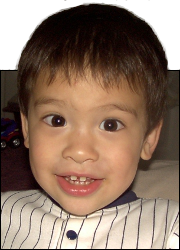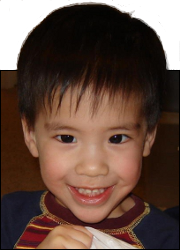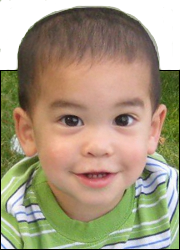Winter Book Thingy, 2015
Jan
20
2015
For some reason, I’ve been reading books when it’s not summer vacation. Rather than wait until my annual summer book review and write an interminably-long post, I decided to write about them now.
Here they are, approximately in the order that I read them.
- 20 and Counting by The Duggar Family
This is their life story, telling how Jim Bob and Michelle each grew up and met and everything. I don’t know what I expected before I started, but this book was more interesting than I thought it would be.If you have small kids, this book might give you some good ideas on ways to run things.
- The Closer by Mariano Rivera
This was actually the youth version, not the full version. Beta picked it out at the bookstore. This also was more interesting than I expected it would be, although I did skip a bunch of about the last third of the book. The first part of the book was about his growing up in Panama and getting to the major leagues (not his plan, but he went along with it). Fine for all ages. - Order of the Unicorn by Suzanne Selfors
Beta was reading this through school. I forget if it was from the school library or a free-reading assignment or what. But I read it just to keep up with what is going into their minds. This is part of the imaginary veterinary series. The book wasn’t that memorable, but I suppose that’s okay because that means there’s nothing controversial in it. - Wicked by Gregory Maguire
Over 1 Million Sold!But not 1 million read.
I doubt that many of the people who bought the book made it through that mess. We had tickets to go see the musical, so I thought I would get a head start and read the book. I started reading it but gave up. It was very crass. I thought it might get better, but about 10% of the way through it, my wife noticed I was reading it and said her friend told her not to bother with the book. So apparently it doesn’t get any better.
If you’re thinking about reading the book: don’t do it.
The musical is fine on its own, and does a fine job of removing the bad parts of the book. The currently-popular theme of villains not really being bad, just misunderstood, is still there. But there’s nothing you would censor for your kids, like you would for a lot of the book.
- Holes by Louis Sachar
Good. One bad word. Interesting storylines. - Animal Farm by George Orwell
Not for kids. No reason for them to read it. What age is appropriate? Once they’ve had a government class in middle or high school, probably. - Reclaiming the Sufficiency of Scripture by Rob Rienow
Great book. I liked it so much I bought a few copies and mailed them to people. If you’re not going to watch his DVD series on marriage or his DVD series on parenting, at least read this book. - A Reader’s Manifesto by B. R. Myers
I thought this might be interesting, given a positive review I read.But it wasn’t.
And the passages of bad writing that it critiques (or condemns) are not necessarily clean. I’d say avoid this book.
All Scripture is inspired by God and profitable for teaching, for reproof, for correction, for training in righteousness
2 Timothy 3:16

 This is Alpha, the first-born, when he was 2YO.
This is Alpha, the first-born, when he was 2YO. This is Beta, the second-born, when he was about 2YO.
This is Beta, the second-born, when he was about 2YO. This is Gamma, the third-born, when he was about 18MO.
This is Gamma, the third-born, when he was about 18MO.




